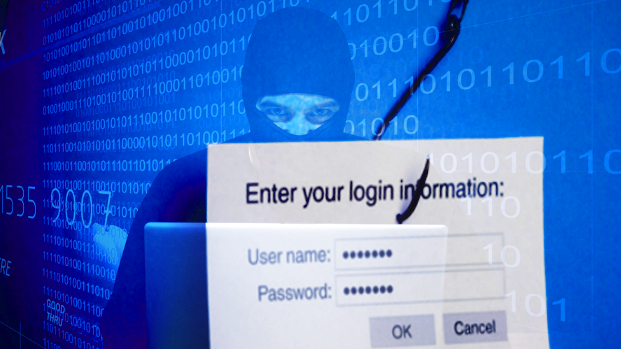
Summer might be the time of vacation, but not for cyber criminals. Recently, the security specialists have reported about an evident increase in spam and phishing scams. Beware that some of these scams might be more damaging than others since their distributors have decided to join their hands with the developers of the most dangerous viruses – ransomware. Such viruses pose a serious danger as they are set to encrypt people’s files with an advanced encryption algorithm right after infiltrating the system. However, we should also not forget that phishing scams can also be used for identity thefts and stealing the money.
The latest of phishing scams used to spread ransomware was spotted in Australia. As it was reported by Hoax-Slayer, a misleading email message presenting itself as the “monthly bill” from the local energy provider called AGL has managed to infect hundreds of PC users. After clicking the link included to this spam message, victims were redirected to a genuinely-looking AGL website which asked them to download .zip file to the system. Virus, which was spread with the help of this file is known as TorrentLocker. As soon as this threat enters the system, it encrypts victim’s files and displays a ransom note which requires transferring the money in exchange for a special decryptor. Please, do NOT follow such commands as they usually result in money loss.
While Facebook scam might not be very persuasive, the following sample might receive praise for its credibility. A few weeks ago, users residing in the United Kingdom have been assaulted with fake notifications from HM Refunds&Customs. The email which looked like to be sent from the mentioned tax institution informed victims of refund possibility. It demanded specific private and banking information to “process” the request for a tax refund. Security specialists notify that by providing such type of data people can become a victim of identity theft and the money loss. Beware that paying attention to the style of writing and the presence or absence of full credentials might help you tell the difference between a scam and a legitimate website.
Surprisingly, not only ordinary users might easily fall for scams. According to Softpedia, Seagate employee fell into the trap of scammers and accidentally leaked thousands of governmental W-2 tax reforms which contained wage and salary information. It seems that he was tricked by a tax refund scam which has been a popular strategy among scammers for years.
